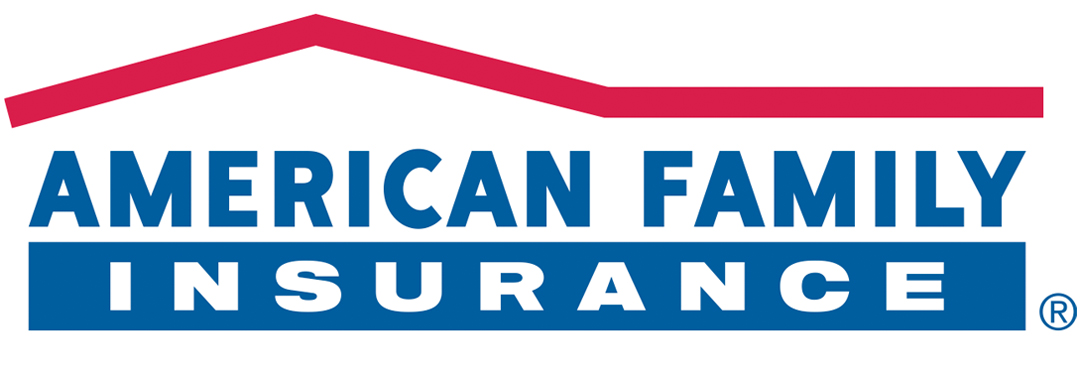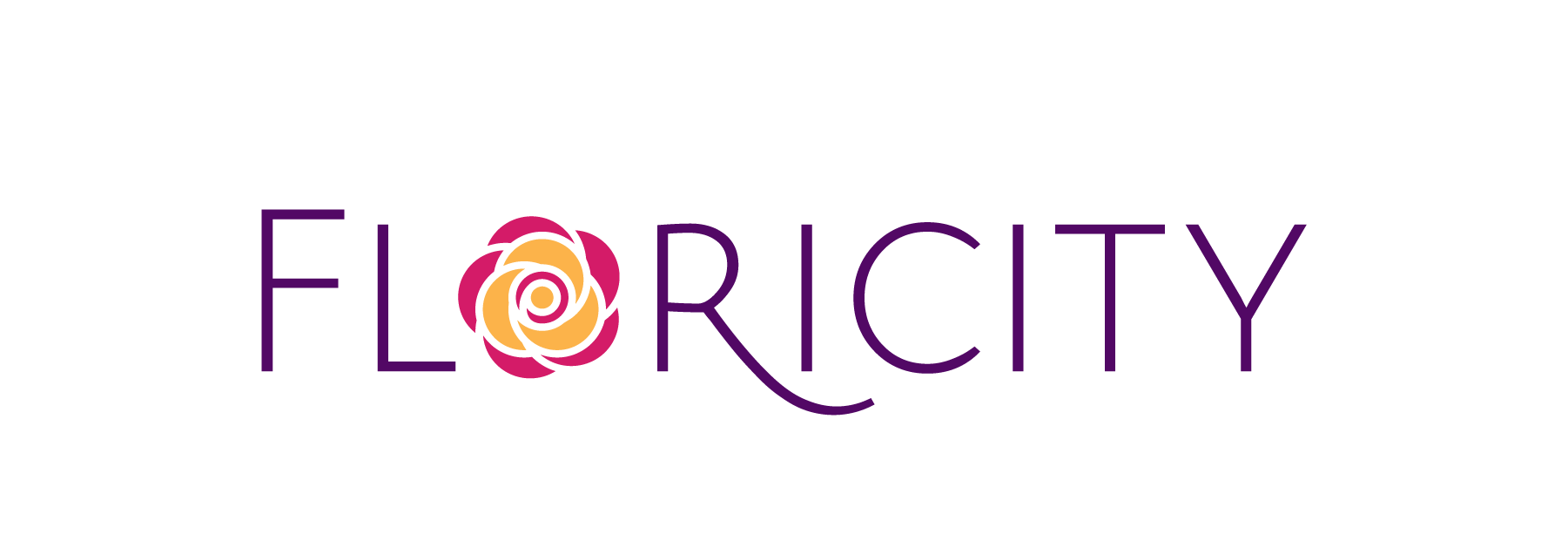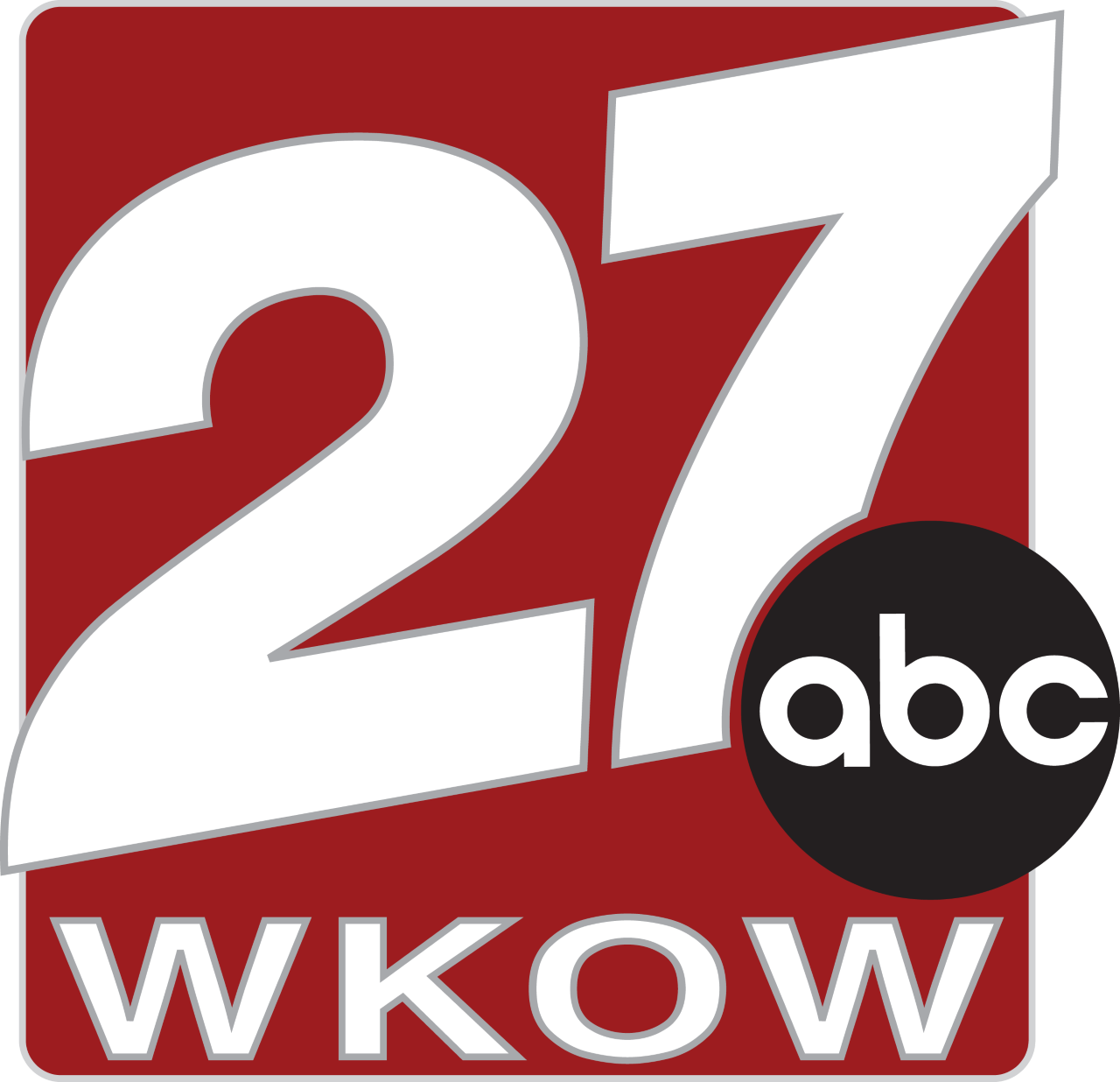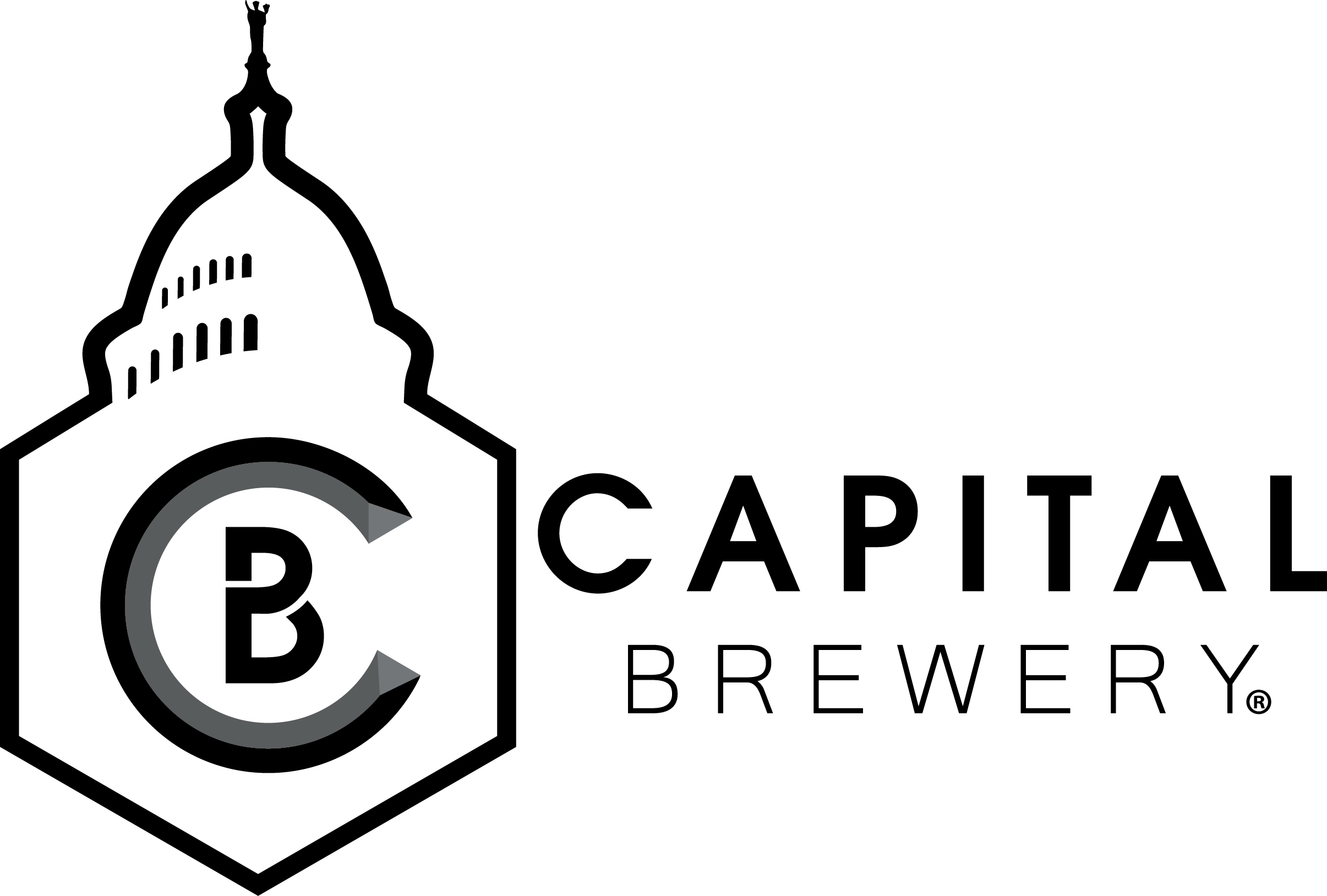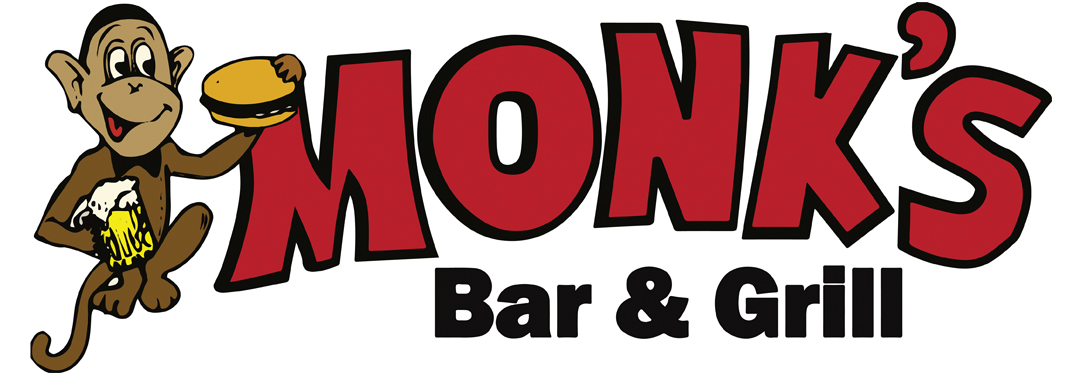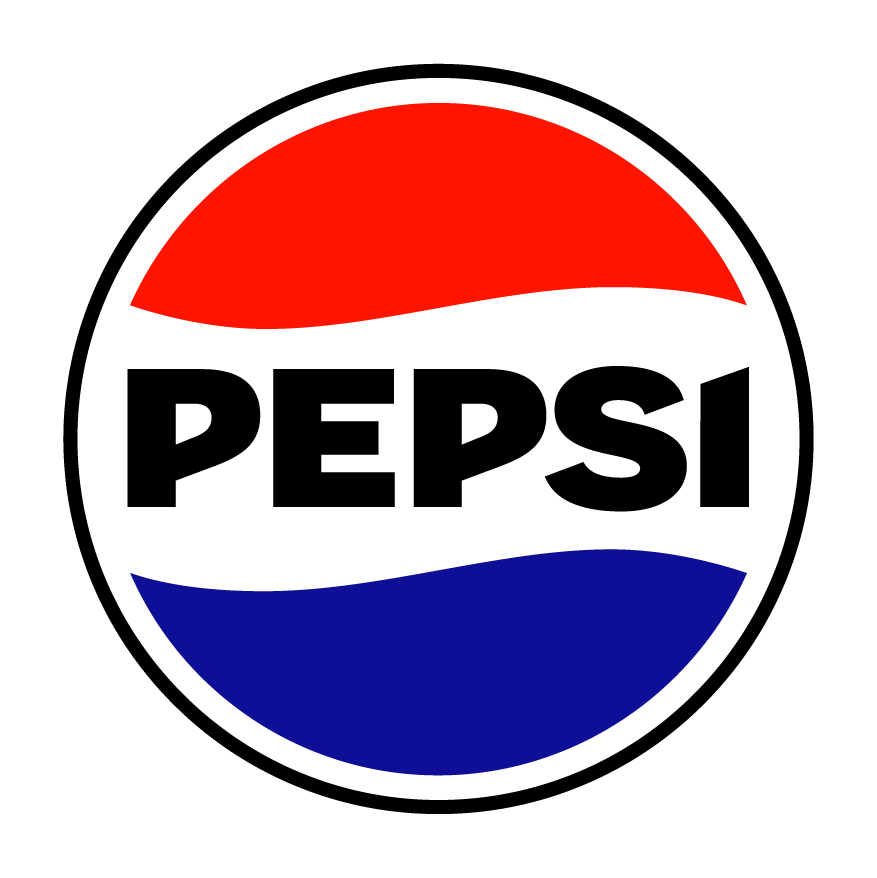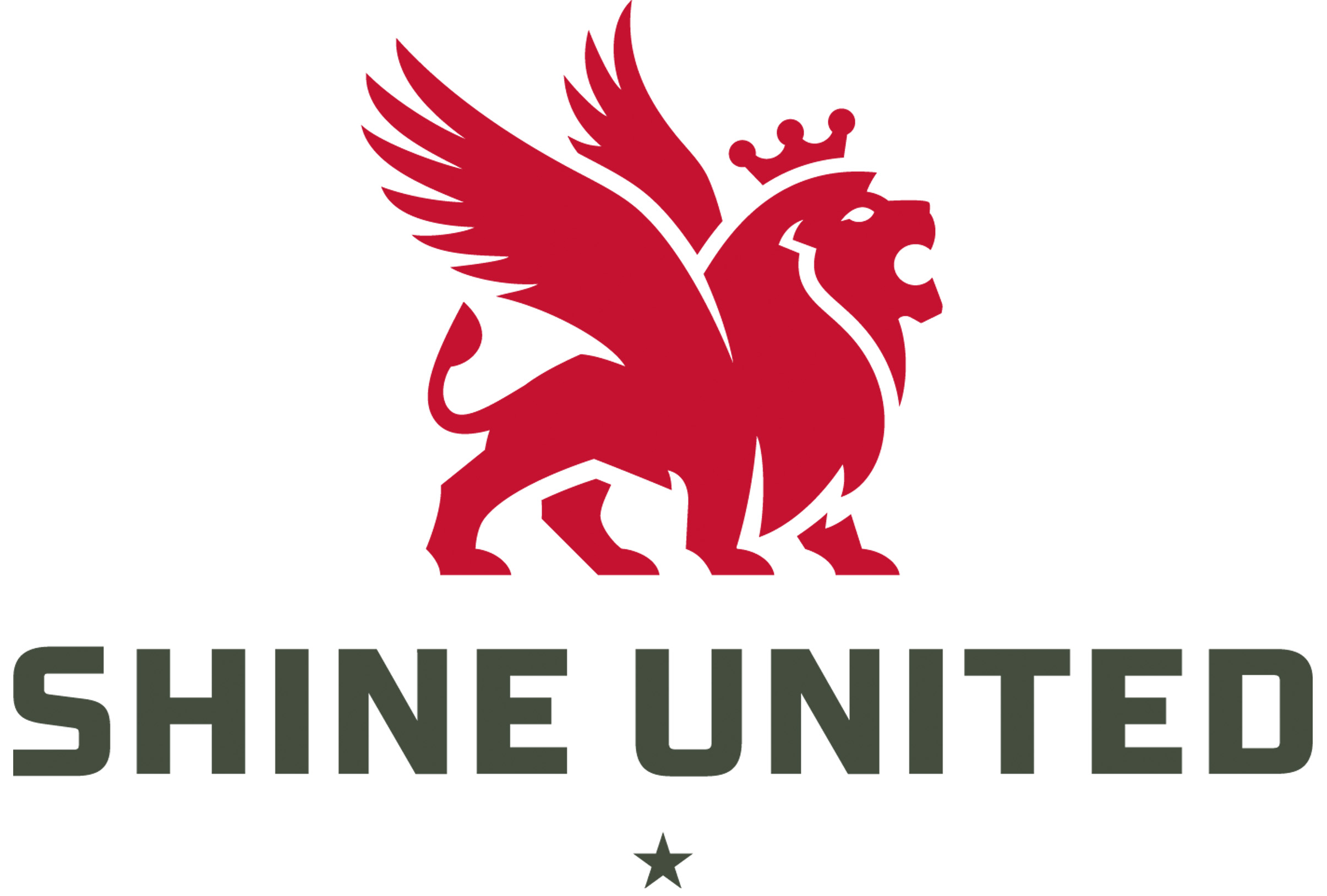An Unexpected Diagnosis in the Prime of Life
An Unexpected Diagnosis in the Prime of Life
August 3rd, 2016 | Rob Kelly
“It’s probably a blocked milk duct,” Erin Eklund-Pierce thought when she noticed the lump in her breast—a likely explanation for a 28-year-old breastfeeding mom with no family history of breast cancer.
When the lump got bigger, she decided to have it checked out. A biopsy revealed the baseball-size lump to be triple-negative infiltrating ductal carcinoma—a particularly aggressive form of breast cancer.
She began chemotherapy one week after her diagnosis, just weeks before her wedding to Michael. The wedding went as planned, but she was hospitalized before and after for a fever caused by a depletion of white blood cells, a side effect of the chemotherapy.
“Normally, anytime I got sick, I always knew I’d get through it. This is the first situation where I might not,” Eklund-Pierce says. “This is the first time that any little thing like a small fever means a trip to the ER, having to wear a mask and not knowing if I’m going to come out of the hospital. It’s just an extremely surreal experience to feel so vulnerable and fragile when I’m in the prime of life and have so much to look forward to—family vacations, teaching our son Sebastian and just experiencing family life. All of a sudden, maybe I won’t get to do these things.”
Chemotherapy is the first step in her treatment and will be followed by surgery and radiation. Caring for a young child while living with cancer and undergoing treatment has been particularly difficult. At times, she has had to avoid contact with her son to protect her from possible infection given her weakened immune system and to avoid exposing him to residual chemotherapy medications. Treatment has also made her tired and weak, and at times she’s had difficulty picking up her son. Going to appointments gets complicated.
It’s a daunting experience, but she’s not in this by herself. “I have a wonderful husband. My in-laws are absolutely amazing. My parents have been extremely supportive. Everybody has come together and helped us, especially when it comes to our son. He’s getting all the cuddles, kisses and hugs he needs even if they’re not always coming from his mom,” Eklund-Pierce says.
Members of her extended family have helped with yardwork and have provided meals. “With chemo it’s important to eat well to rebuild good cells afterward, but it’s so hard. I’m so tired and basically useless, and my husband’s doing everything else. Having a good home-cooked, wonderful meal that we didn’t have to prepare is just a lifesaver,” Eklund-Pierce says.
Sebastian also helps. “He shifts my focus from myself. Because of him I don’t dwell on my situation and feel sorry for myself. I have to keep him from bumping into a table or help him learn a new vowel sound or word. I focus on the joy of when he achieves that next little milestone,” Eklund-Pierce says. “I think knowing that I might not be there for my son’s future achievements, it’s made anything I do get to see now so much sweeter.”
Eklund-Pierce works for a company that develops manufacturing processes in the food industry. Prior to her diagnosis she and her husband worked opposite shifts. Now, they enjoy more time together. “This experience has shown us that we both need to relax more and take everything in and enjoy ourselves more,” she says. “Maybe we don’t need to worry about the laundry today. Let’s just sit back, have a glass of lemonade and just hang out with the people we care about.”
Eklund-Pierce’s cancer was caught relatively early—stage 2b—and treatment is going well. “We receive such excellent care here at the UW Carbone Cancer Center. My tumor is getting smaller, and my treatment is progressing in an extremely positive direction. My doctors and nurses have been so positive. During my first appointment, [Director of the UW Breast Center] Dr. Lee Wilke looked at me and said, ‘If you give me one year, I’ll give you 50.’ And that was one of those things I just keep clinging to. She is so confident, and she has made me confident.”
This confidence comes in part from knowing that the University of Wisconsin is helping to advance cancer treatment through research and that the discoveries made here might help her and others. She encourages others to support this research by participating in The Ride, the UW Department of Human Oncology’s bicycle benefit for cancer research at the University of Wisconsin.
“I can’t imagine getting my care anywhere else, and anything that helps the University of Wisconsin and the Carbone Cancer Center stay on the cutting edge of research and treatment is something we’re really excited about,” Eklund-Pierce says. “This money could help them develop treatments that might help me in the future because, unfortunately, the type of tumor I have has a high likelihood of recurrence. Everything is positive right now, but there’s a good chance I’ll need additional treatment in the future, so I’m happy all the money is staying right here in the community. I’m not going to be able to ride this year because I’ll be recovering from surgery, but our family will be there in years to come.”
